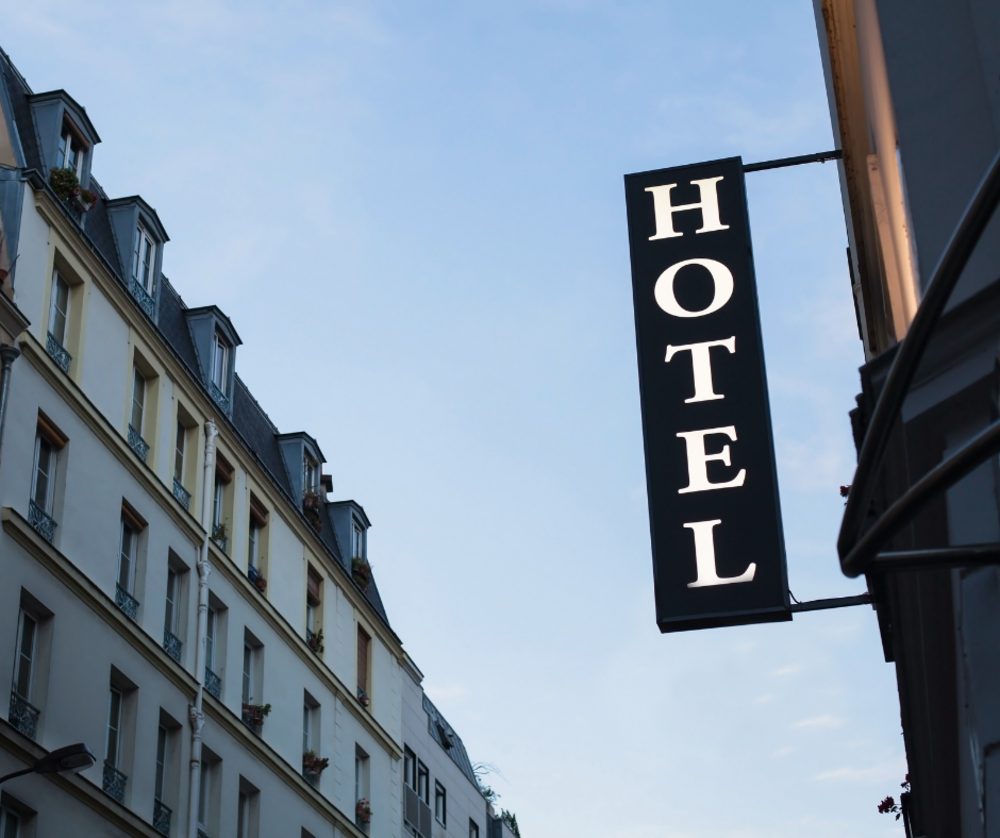Imagine a world where your hotel stands out online, attracting a wave of local and international travellers looking for the ideal place to stay. Now consider how many of these potential guests rely solely on Google for their search , yet more and more people are turning to alternative platforms, review sites, and travel directories for answers. While Google remains the dominant search engine, depending on it alone means missing out on countless opportunities. For hotels operating in a competitive industry, expanding local SEO efforts beyond Google is no longer just an option; it is a strategic move that helps in building resilience, visibility, and direct bookings.
Most hoteliers know the importance of SEO for hospitality, but few fully leverage diverse digital channels outside the Google ecosystem. Whether you manage a boutique inn or oversee a larger franchise, your guests are searching for you in a wide variety of places , from specialised travel portals to emerging search engines and voice assistants. Relying solely on a single search platform for visibility can leave you vulnerable to algorithm updates, changing user behaviour, and sudden fluctuations in traffic.
It’s time to widen your online reach, strengthen your reputation, and fill more rooms by embracing a broader approach to hotel local SEO. Through harnessing alternative search engines, review platforms, online travel agencies, and map listings, your hotel can connect with a broader audience while building deeper trust within your community.
Understanding the Evolving Online Landscape for Hotels
The digital world is continuously evolving, and so are traveller habits. Years ago, securing a top spot on Google was considered the pinnacle of online marketing. Nowadays, guests rely on various touchpoints to evaluate accommodation, compare rates, read reviews, and make decisions.
Sites like TripAdvisor, Booking.com, and Expedia, or even voice assistants like Siri and Alexa, have become daily tools in the traveller’s journey. As travellers explore these alternatives, each platform presents unique local SEO opportunities for hotels, giving you more ways to connect with potential guests before they ever consult Google.
Failing to appear in these channels means sacrificing a significant slice of potential bookings. Instead, pursuing a multi-channel approach ensures you tap into every stage of the traveller’s search experience.
The Role of Google in Hotel Local SEO
Google has set the standard for local SEO, and its influence will likely remain. Features such as Google Business Profile, Maps, and local pack listings directly influence how hotels show up to customers searching nearby accommodation. For this reason, maintaining an optimised Google presence is still an important part of any SEO for hospitality strategy.
However, focusing all your efforts here makes your business dependent on Google’s algorithm changes and listing policies. To weather any shifts and remain visible, hoteliers must branch out, taking best practices from Google optimisation and applying them across the broader digital ecosystem. This proactive approach creates more resilience and can even drive better results through a diverse online presence.
Expanding Beyond Google: Key Platforms and Tactics
Expanding your local SEO strategy means targeting platforms and channels where your audience already spends time. Here is where you can make an impact beyond Google.
Online Travel Agencies (OTAs) and Meta Search Engines
OTAs such as Booking.com, Hotels.com, and Expedia act not just as sales platforms, but also as powerful search engines in their own right. These channels display your listings to millions of global and domestic travellers each month. Optimise your content, update amenities and images, and ensure accurate rates to boost your ranking within these sites.
Meta search engines like Trivago and Kayak compare results from multiple OTAs and hotel websites. To appear favourably, keep your price parity consistent and your hotel information accurate across platforms. Partnering with OTAs and meta search platforms can provide valuable backlinks and increase brand exposure, which positively impacts overall hotel local SEO.
Alternative Search Engines
While Google dominates search in many countries, rivals such as Bing, DuckDuckGo, and Yahoo can’t be dismissed. These platforms cater to specific user demographics and sometimes yield less competition, providing hotels with easier paths to visibility.
Create business listings on Bing Places, ensure your property is consistently listed (with up-to-date NAP: Name, Address, Phone) on Yahoo Local, and cater to privacy-conscious users searching on DuckDuckGo. Adapt your content to meet the semantic search preferences of each platform to improve your position in their results.
Review Sites and Reputation Management
Review platforms play a vital role in influencing traveller decisions. Sites such as TripAdvisor, Yelp, and even industry-specific platforms like TrustYou gather reviews independently of Google, shaping your hotel’s online reputation.
Encourage guests to leave feedback, promptly respond to reviews whether positive or negative, and use positive testimonials to build trust. Well-managed profiles on these platforms boost conversions and support your wider SEO for hotels strategies, increasing signals of credibility and authority.
Hospitality-Focused Directories and Local Listings
Beyond global platforms, be sure to feature your hotel on regional directories, local chambers of commerce pages, and association websites. Examples include Tourism Australia or local tourism boards and event listing sites relevant to your city. These listings often appear in local search results and can drive direct traffic as well as support your brand’s trustworthiness.
Always use consistent NAP details and update your profiles regularly to maintain accuracy and maximise SEO signals across every listing platform.
Voice Search and Mobile Assistants
As smartphones and smart speakers become more common, an increasing number of hotel bookings start with a verbal query. Optimise your content to answer natural, conversational questions commonly asked via voice search , for example, "What are the best hotels near the city centre?"
Include FAQs and locally relevant information on your website to match the way people speak rather than type. Ensure your details are marked up properly in structured data so voice assistants can access and relay your information accurately.
Social Media Channels
Many travellers use social media to plan and share their journeys. Platforms like Facebook, Instagram, and even TikTok can significantly impact your hotel’s local visibility. A well-maintained social presence helps foster a community around your hotel and can be a source of valuable guest-generated content.
Regularly posting relevant content, sharing guest experiences, and engaging with your audience not only improves your visibility but also strengthens your SEO for hospitality efforts indirectly through branded search and social signals.
Content Optimisation for Broader SEO Success
To thrive outside of Google, your hotel’s digital content must appeal to both travellers and the unique algorithms of various platforms. Prioritise creating detailed, authentic content tailored for each site.
On hotel directories or OTAs, ensure descriptions are clear, up-to-date, and highlight your unique selling points. Use high-quality imagery and emphasise what sets you apart, whether that is your location, amenities, or special deals.
For review sites, actively encourage satisfied guests to leave their honest opinions and monitor feedback to identify areas for improvement. For your website, include locally focused blog posts, event guides, and an FAQ that targets long-tail keywords such as “pet-friendly hotels near the beach” or “family hotels close to city centre attractions.”
Tracking Results Across Multiple Platforms
Measuring multi-channel performance helps you understand which platforms generate bookings and awareness for your hotel. Use analytics tools to assess web traffic, booking sources, and the effect of positive reviews.
Review your performance on OTAs, track incoming reviews on major platforms, and monitor rankings across Bing, Yahoo, and other Google alternatives. This data-driven approach lets you recognise where to allocate your resources and how to refine your hotel local SEO strategy.
Conclusion
Expanding your hotel’s local SEO beyond Google opens doors to new audiences and reduces reliance on a single point of digital contact. As guests increasingly research and book hotels using a variety of online tools, search engines, and voice-powered devices, a well-rounded SEO strategy ensures you remain visible wherever they look for accommodation.
Pursuing SEO for hospitality across OTAs, review sites, voice assistants, local directories, and Google alternatives is an investment in lasting online resilience. An effective hotel local SEO strategy helps you capture more direct bookings, grow your brand authority, and outperform competitors who limit their marketing to one channel.
Your hotel deserves widespread recognition. At Top4 Technology, our digital marketing expertise supports hotels and franchises in mastering these multi-platform strategies for lasting online success. If you are ready to increase bookings and grow your brand, our team is eager to help. Visit Top4 Marketing to explore how we drive outstanding SEO results tailored to your hospitality business.

 SAUDI ARABIA
SAUDI ARABIA

























